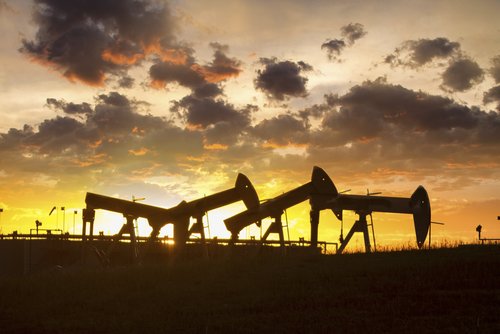The election of Donald Trump as the next US president puts the international progress on global climate protection in danger. Trump already announced his plans to withdraw the US’ support and acceptance of the Paris Agreement. Thus, one of the largest emitters of CO2 would no longer be part of the fight against climate change. For companies producing in Europe, with its climate protection requirements this would lead to competitive disadvantages.

International climate protection efforts endangered
The Paris Agreement, which was established in December last year at the UN’s 21st international climate conference (COP21) has recently entered into force and is formally not endangered, even if the US decide to drop out, because the necessary quota of over 100 countries have ratified the Agreement, committing themselves to climate protection measures and efforts. Getting as many countries as possible to become signatories is the only sensible way for climate protection. Otherwise, if only some countries succeed in reducing their CO2 emissions, this has no overall effect as long as they continue to increase unabated in other places.
This is why the Paris Agreement was a success – as it got almost all countries, including the largest emitters to commit to the fight against climate change. Certainly, it still is a long way from being implemented but it did mark the start for real global action and implies i.a. that no company would be able to circumvent climate protection by simply moving production abroad.
Under the Paris Agreement the US committed themselves to a CO2 reduction target of over a quarter of their emissions till 2025, compared to 2005 levels. Emissions in the US already decreased during the last years, not least thanks to the fracking boom which led to more use of gas instead of coal for energy production. But here too, coal-friend Trump could change course.
But if the new US president was to change course drastically and declines to participate in the fight for climate protection, US companies would gain a competitive advantage by not having to pay for CO2 emissions, unlike their European counterparts.
This would be a serious blow for the UN climate conference in Marrakesh, which started last week and is meant to agree on a way to implement the Paris Agreement. With one of the largest players possibly leaving the game, concerns rise that others, such as China or India could be tempted to reduce their ambitions, too. This would make the Paris Agreement not even worth the paper it’s written on.
More on the topic

Climate Clubs as a Lightning Rod for Tensions in Trade and Industrial Competitiveness
The Paris Agreement has established a transformative paradigm. While this transformation will create winners and losers, it now seems increasingly clear that overall, there are tremendous opportunities.
IW
German Industry's Options for a Secure Supply of Raw Materials
In recent years German industry has seen a rise in the risks attached to its procurement of raw materials.
IW